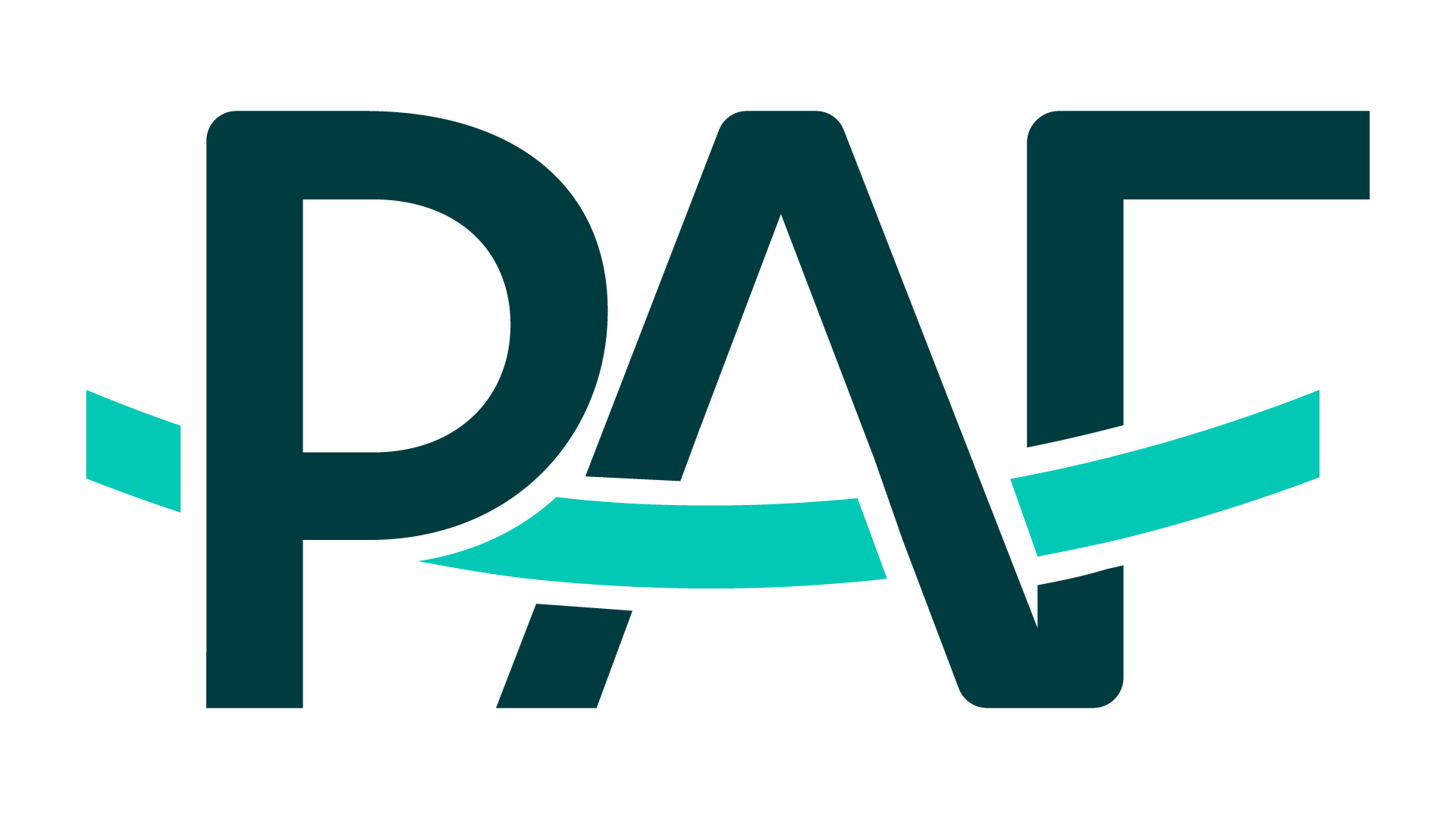Mental Health Outreach: Education and Tools to Address Crisis and Stigma
Karey Davis, PA-C, LAT, ATC
Mental Health Outreach Fellow
June 30, 2023

Mental health is such an important aspect of an individual’s well-being from childhood into adolescence and adulthood. Mental health involves emotional, psychological, and social well-being and affects how we think, act, and feel. As a practicing PA for over 20 years, I have experienced first-hand various mental health challenges across different specialties. With the stigma attached to mental health, individuals suffering from mental illness often overlook or disregard symptoms and fail to seek appropriate treatment when needed. Through the PA Foundation’s Mental Health Outreach Fellowship, a cohort of PAs is educating people about the challenges associated with mental illness and equipping them with the appropriate tools to help those in need. Through this fellowship, we are able to teach the Mental Health First Aid (MHFA) course and enable participants to become certified in the program. By educating community members, we are able to reach as many people as possible and stamp out the stigma associated with mental health disorders.
Mental health impacts the well-being of every individual in some way. Approximately 1 in 5 adults in the United States are diagnosed with a mental health disorder each year. In addition, almost half of all U.S. adults will experience a mental health challenge at some point over the course of their lifetime. Some of the most common mental health disorders that occur in the U.S. include but are not limited to: depression, anxiety, eating disorders, post-traumatic stress disorder, bipolar/psychotic disorders, and substance use disorders. Risk factors for mental health issues include biological, psychological, familial, social, and cultural differences amongst individuals. The impact of trauma, especially in childhood, can cause neuro-developmental disruptions that lead to social, emotional, and cognitive impairment. This can lead to risky behaviors and mental health challenges as well as substance use disorders. Many individuals with mental health challenges do not seek treatment for various reasons, including lack of support, limited access to care, financial burdens, embarrassment, and fear, as well as the stigma tied to mental health disorders. As a healthcare provider and Mental Health First Aid instructor, my goal is to reach out to community members and share the importance of recognizing mental health challenges when they arise, seeking treatment early, and offering support to individuals in need.
The Mental Health First Aid training course is designed to teach participants about mental health and substance use issues. Real-life scenarios are used to illustrate the impact a mental health challenge can have on the individual experiencing it as well as family and friends. The importance of recognizing a mental health challenge as early as possible is key to improving overall outcomes. Untreated and unrecognized mental health issues can lead to long-term complications and even death. Through this training, participants learn how to offer the right support to those suffering. Participants are also taught how to approach an individual in crisis and what signs and symptoms may signify mental health issues. As a part of the Mental Health Outreach Fellowship, the cohort of PA fellows participated in a 3-day course to become certified Mental Health First Aid instructors.
Mental health challenges can present in many different ways. While healthcare providers are typically aware of these signs and symptoms, community members may not know what to watch for as indicators of mental health crises. Some of these signs and symptoms may include behavioral changes, physical changes, different emotions and feelings, and different thought patterns. It is also important to recognize the frequency, duration, and impact of these changes. Recognizing changes early can help an individual avoid worsening symptoms and even a crisis situation.
The most important thing one can do is reiterate that recovery is possible for those suffering from a mental health issue – and the key is early intervention. As a Mental Health First Aider, recognizing and implementing an action plan will help guide those affected along the right path to a successful recovery. As participants in the MHFA training course, individuals learn the five steps of the MHFA action plan, also known as ALGEE:
- A – Assess for risk of suicide or harm
- L – Listen nonjudgmentally
- G – Give reassurance and information
- E – Encourage appropriate professional help
- E – Encourage self-help and other support strategies
It is also important to remember cultural differences among individuals that may impact their mental health and treatment.
As a healthcare provider and MHFA instructor, it is extremely important to reiterate the importance of self-care and personal well-being. By preserving and improving one’s own health, we are able to better care for our patients and other individuals we take care of, including family and friends. I challenge everyone to practice self-care and be aware of their own personal well-being. I have enjoyed this fellowship and look forward to further opportunities to share about mental health and teach Mental Health First Aid.
The 988 Suicide & Crisis Lifeline (accessible via a three-digit dialing code, 988) and Crisis Text Line (text MHFA to 741741) are critical resources to keep on-hand and share with patients. These services are available 24/7 to anyone needing immediate assistance.

